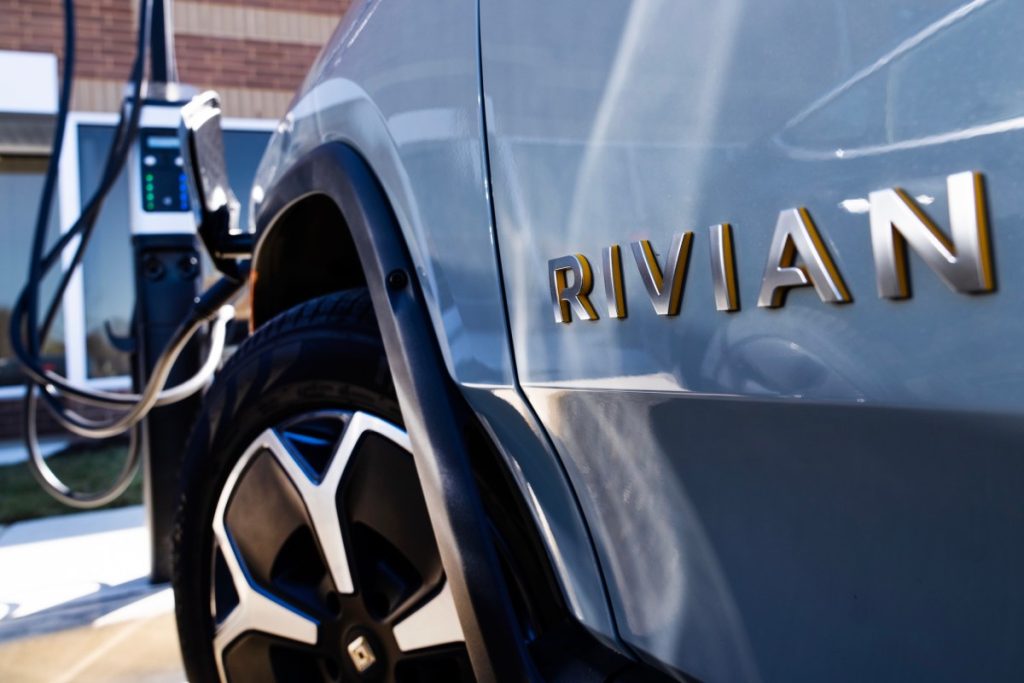The electric vehicle (EV) industry is in a period of rapid development, with manufacturers like Rivian constantly working to support their ambitious agendas. Recently, Rivian announced that it would resume preparatory work on its Georgia factory starting in August, with aims to break ground early next year. This information was disclosed through emails obtained by TechCrunch via a public records request, highlighting an essential step forward for the company as it continues its journey in the competitive EV market.
Critical Funding and Project Resumption
Following a significant financial boost from the Biden administration’s Department of Energy, which approved a $6.6 billion loan aimed at supporting Rivian’s construction efforts, the company is well-positioned to revitalize its plans for the Georgia factory. This loan is part of the Advanced Technology Vehicle Manufacturing program, a crucial initiative reminiscent of the federal support that helped Tesla stabilize during the Great Recession over a decade ago [Department of Energy].
Rivian has already invested more than $80 million in the factory project as of June 20, 2025, a significant increase from the $41 million reported in July 2024. As the project progresses, it has generated 46 full-time jobs to date. This impressive financial commitment indicates Rivian’s determination to establish a strong presence in Georgia. In August, deep utility installations will begin, with plans for vertical construction slated to commence in the first quarter of 2026, signaling the project’s swift progression.
Collaboration with Suppliers: Building a Network
In conjunction with construction efforts, Rivian is actively engaging with existing suppliers to explore opportunities for co-location nearby the Georgia facility. The company is particularly interested in suppliers that could assist in the production of its upcoming R2 SUV and R3 hatchback models, which are expected to begin production by 2028. This proactive approach is essential for enhancing the efficiency of operations by leveraging local resources. Rivian has requested a list from Georgia’s economic development department to identify suitable suppliers in the region, indicating an eagerness to build a robust supply chain that can support the factory’s future needs [Pew Trusts].
Rivian’s founder and CEO, RJ Scaringe, emphasized the importance of collaboration during a recent meeting with Georgia Governor Brian Kemp. The discussions revolved around Rivian’s ongoing work in the state, project updates, and opportunities to foster a strong partnership, signifying a mutual commitment to economic development and job creation.
Delays and Opposition: Navigating Challenges
Rivian’s journey to establishing a factory in Georgia has not been without its challenges. Initially announced shortly after the company’s IPO in late 2021, the project faced delays, primarily attributed to the ongoing supply chain issues affecting the automotive industry. Originally slated for a 2022 construction kickoff and production ramp-up by 2024, Rivian found it necessary to readjust timelines to focus on expanding its existing facility in Normal, Illinois, where it received $827 million in incentives. This strategic pivot highlights Rivian’s need to balance operational realities with ambitious expansion goals.
Local opposition further complicated the project’s timeline, necessitating careful management and communication with stakeholders. The factory’s development serves as a critical element in Rivian’s broader strategy to increase production capacity and meet growing demand for electric vehicles, especially as consumer interest in EVs continues to climb. A recent survey indicated that over 50% of Americans are considering purchasing an electric vehicle as their next car, pointing to a favorable market environment for manufacturers like Rivian [Edmunds].
Future Prospects: A Path Forward
As Rivian moves forward with its Georgia project, the company is actively hiring to support its workforce expansion, recently posting several job openings for construction management roles on LinkedIn. This hiring push reflects the company’s commitment to not only building vehicles but also contributing to local employment and economic growth.
With plans for deep utility installations and a strong focus on supplier collaboration, Rivian is poised for significant developments in the coming months. The company’s efforts underscore the growing importance of the electric vehicle sector in the U.S. economy, while its commitment to sustainability and innovation continues to resonate with consumers and stakeholders alike.
In conclusion, Rivian’s Georgia factory project represents a crucial step towards scaling its production capabilities amid the dynamic landscape of the automotive industry. As construction resumes and supplier collaborations intensify, Rivian stands at the forefront of the electric vehicle revolution, ready to meet the challenges and opportunities ahead.

